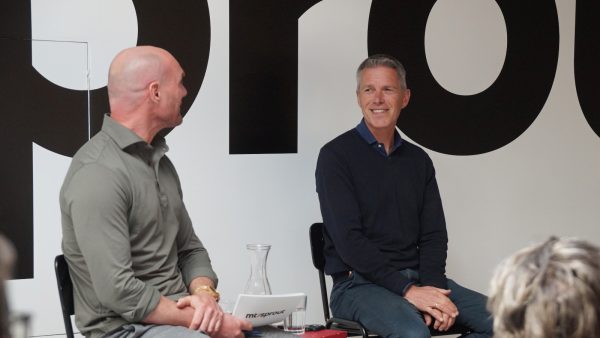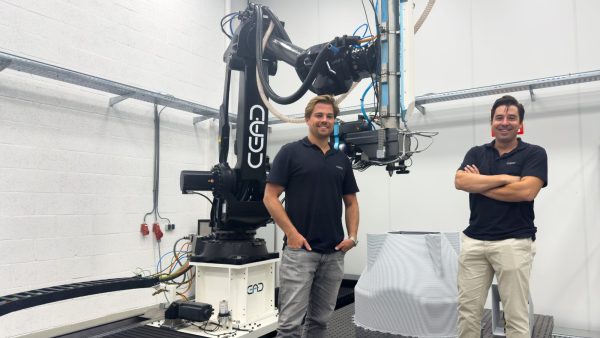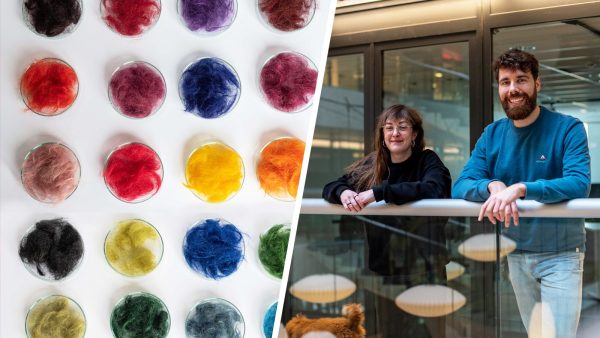Geen producten in de winkelwagen.
De columnist Ondernemer en developer James Bryan Graves komt uit de VS, werkte daar voor allerlei techbedrijfjes, maar maakt alweer drie jaar deel uit van de Amsterdamse startupscene. Eerst werkte hij voor locatiedienst Whatser, nu is hij mede-oprichter van Ideedock. Tevens is hij oprichter van het maandelijkse event Hackers & Founders Amsterdam, dat nu zo’n 700 leden herbergt. Voor Sprout volgt hij de ontwikkelingen van de Nederlandse startupscene maandelijks op de voet. Vind meer columns van hem en andere experts op de columnistenpagina.
“There are some amazing innovative things happening just under the entrepreneurial radar in Amsterdam. Tons of real geeks hacking away with true love at projects of their own vision and those of passionate friends. These projects, if they see daylight, are often met with heavy skepticism from entrepreneurs.
On 29 November, I found myself at the inaugural meet-up of “Cross Functional Amsterdam”, a meet-up around functional based computer languages and technologies. The evening centered around highly technical byte-level disk manipulation and powerful language constructs. Bartosz Kiera, who gave a talk on Scala at Marktplaats.nl, called it “a meeting of the cream of the crop”, a meeting of some of the best engineers in Holland and the EU sharing the bleeding edge of technology. When the event was over I was asked: “That was pretty interesting, but does matter? Is it going to make anyone money?”
Likewise, while spending some time myself on a tech-installation project in Amsterdam Noord for Kijkruimte, one of my colleagues expressed annoyance for such initiatives as “so much wasted effort”. The most important element in healthy entrepreneurial ecosystems is inspiration. One can look at any accelerator program including Rockstart or Startup Bootcamp, with their amazing mentor networks, and see validation of the importance of inspiration.
Inspiration is equally important amongst engineers, and there is nothing more inspirational to an engineer than learning about new and better methods of solving problems. This has been the driving force behind the success of Silicon Valley for decades, and the essence behind concepts like Google’s 20% time. Engineers have to play and invent. Such inventions and projects are part of the long view. The concepts and code being created today during hack days or by midnight oil will without a doubt show up in some valuable company’s codebase tomorrow. The only question is which entrepreneur is visionary enough to see the appropriate application first.”









